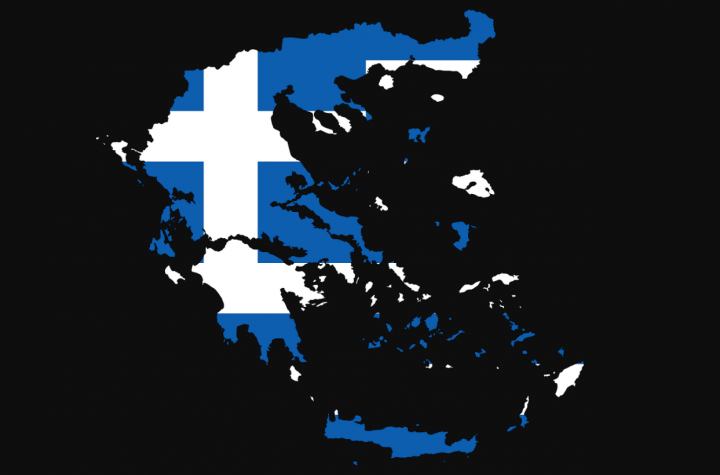Russia Today commented on an article by Yannis Varoufakis regarding the ECB profiting by 840 million Euros on loans made to the Greek government.
The ECB bought 4.2 Billion Euros of Greek government debt to try to lower the interest rates on future Greek government borrowing. At least that is what is claimed.
The Greek government sold this debt with a 20% discount because the ECB/Greek Central Bank were supposed to be doing the Greek government a “favour” by trying to lower the government’s borrowing costs.
So the Greek government sold 4.2 billion Euros of debt to the ECB/Greek Central Bank for 3.3 billion Euros.
The ECB was then obligated to pay out 4.2 billion Euros to investors when this debt matured.
Except the ECB did not keep the debt long enough for it to have to pay out.
Instead the ECB/Greek central bank then forced the Greek government to buy back this debt at full face value which is how the ECB made 840 million Euros profit. They bought the debt for 3.3 billion from the Greek government and sold the debt the debt back to the Greek taxpayer for 4.3 billion Euros.
httpv
Basically, the ECB’s attempt to lower interest on Greek government debt failed so they exited the position by forcing the Greek taxpayer to buy back the debt.
So not only does the Greek taxpayer have to still pay back the 4.2 billion Euros, they also had to pay the ECB 840 million Euros for a mistake the ECB made.
Of course if you were to have a cynical attitude to the whole affair you may say the ECB knew they were going to sell the debt back to the Greek people all along and this “favour” that they were supposed to be doing the Greek people was actually just a way to take even more money from Greeks, if you were cynical.
Now if this were a fair deal, you would think the ECB would hold their hands up, say their plan did not work and simply sell the debt back to the Greek people at the same price they bought it for. But they did not. They made a profit out of a mistake they made.
So given the massive conflict of interest, ie profiting from giving bad advice to the Greek government, could it be argued that the ECB defrauded the Greek people? Because it is the Greek people who have to pay this money back and not the Greek government.
And given that the Greek central bank is part of the ECB, is it possible that Provopoulos, as governor of the Greek Central Bank, actively defrauded the Greek people?
I am in no way suggesting that he did, I am simply asking the question if it is possible. Personally, I think it is worth investigating, simply because the ECB & Greek Central Bank chose to profit of their mistake and because of the conflict of interest that this decision creates.
I mean, can you trust an organisation to act in your best interests when they benefit from giving you bad advice?




If I remember well the ECB bought a lot of greek bonds on the secondary market at a time when their price had dropped to just 36% of their original value(64% discount). This means that when these bonds are finally repaid the ECB will make almost 200% profit on the money it invested for buying these bonds. Not Bad huh? But I don’t see why you call this a fraud, what the ECB has been doing is perfectly legal. They’ve made a fortune out of the “rescuing” business and they’re gonna make a lot more in the near future. What truly bugs me is that the ECB’s bonds were somehow exempt from the PSI “haircut” process while the bonds owned by the Greek pension funds and small investors were all “haircuted”. Obviously ECB’s profits are a higher priority for the greek government than the pensioners’ wellbeing. Whats even more outrageous is that the Bank of Greece was using the money of the pension funds to buy bonds that were going to be “haircuted” even a few days prior to the haircut, without even asking the administration of these funds! That’s because according to recent law the Bank of Greece can manage and “invest” the money of those funds however it sees fit. Oh and btw don’t be fooled by the name the BoG is just as private as the FED(or actually even more private) in fact we’re not even allowed to know who its shareholders are.